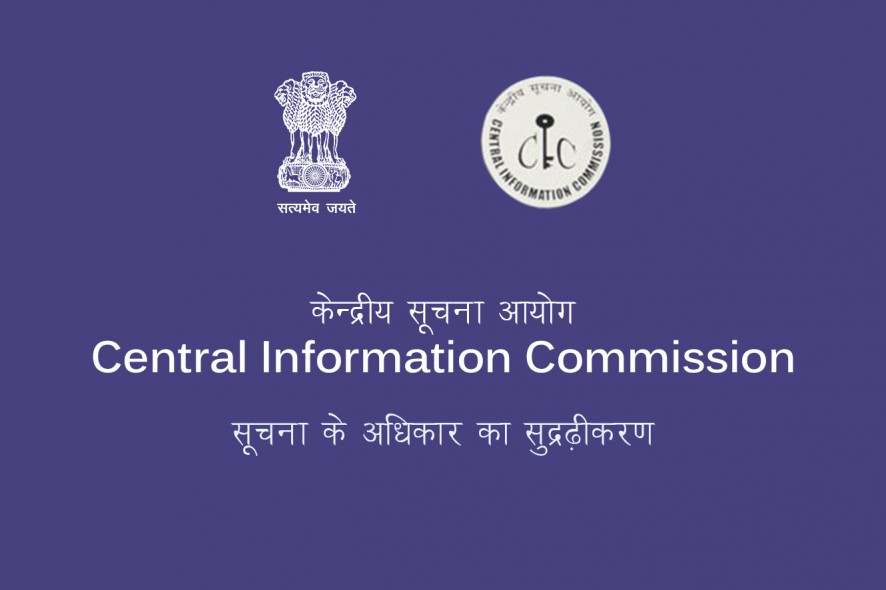Central Information Commission (CIC): An RTI application was filed in PMO’s office in 2015 seeking for the certification along with the copies of relevant files that Jana Gana Mana is our National Anthem, that Vande Mataram is the national song, that Tiger is the National animal, that peacock is national bird, that lotus is National flower, and that hockey is the National game.
The PMO had completely ignored the questions pertaining to National Anthem and transferred the questions related to peacock; lotus and tiger to Ministry of Environment and Forests and PIO, MoEF transferred the application to CPIO, Wildlife division, MoEF which was further forwarded to National Tiger Conservation Authority. The NCTA officer mentioned that the “national anthem and national song do not pertain to their authority.”
In the first and second appeal to authorities, it was considered that information was provided in time and then the appeal was filed before Central Information Commission. It noted that the RTI application on such important national aspects, CPIOs of all the offices passed it on to others without application of mind. The CIC went on to observe that RTI request was dealt with in such a routine procedural and formal manner, but gave no outcome. CIC said that the apex bodies of administration have washed off their hands from paying heed to the RTI request and iterated that such habit of shirking responsibility is biggest obstruction to access of information to public in India.
CIC even criticized MoEF for not being able to present official records regarding the national animal, national bird and national flower. However, during the hearing, a letter dated 30.05.2011 was presented before the Commission which said, “the MoEF hereby re notifies the tiger as national animal and peacock as national bird of India”. CIC found that the MoEF had lost those significant records and only because of the present RTI application, it re-notified the national status to tiger and peacock and surprisingly, it still did not mention anything about lotus.
It further noted that neither the PMO nor the MoEF replied about the national anthem and national song and observed that such silence gives rise to doubts whether the Union Government has any records about Jana Gana Mana and Vande Mataram and recalled the latest judgment of Supreme Court on National Anthem which reminded citizens of their duty to respect National Anthem. [Shyam Narayan Chouksey v. Union of India, 2016 SCC OnLine SC 1449]
The Commission then provided information on how the first stanza of the five stanza song by Rabindra Nath came to be adopted as National Anthem and provided all the relevant sources like from 1911 annual session of Indian National Congress and also, a relevant portion of the 26th session of the Congress. By citing these sources and reports where Jana Gana Man was sung at the beginning of 20th Century, CIC went on to clear the hoax that was in the air for several years in the country that Jana Gana Mana was originally sung in praise of George V or that it was adjudged as best national anthem in the world recently etc. CIC cited a website named ‘satyashodh’ which clears this hoax and provides evidence that Jana Gana Man was never sung in praise of George V and mentions that confusion arose when subsequent to this song, a different song, “Badshah Humara” written in Hindi by Rambhuj Chaudhary, was sung on the same occasion in praise of the monarch while, the now National Anthem was in praise and remembrance of God.
Not only this, but CIC also cleared the difference between Vande Mataram and Jana Gana Man and why Vande Mataram was National Song and, not the Anthem. It observed that the sentiments in Jana Gana Mana have been expressed keeping the state in view, however, the sentiments expressed in Vande Mataram denote the nation’s character and style and quoted the historical texts by Mahatma Gandhi and Jawahar Lal Nehru about the same.
CIC mentioned the texts from Constituent Assembly where the makers of the Constitution accorded the National song as well as anthem, the same and equal status on 24th January, 1950. With this RTI application, CIC perceived that at the backdrop of confusion created by the social media propaganda of unauthentic statements, nation needed comprehensive authentic information about their national anthem and national song. It reminded the citizens of their duty to respect National Anthem as conferred by Article 51-A and made an important observation that in order to instil respect for the national anthem, the Union Government should also fulfil their duty to educate people about their historical importance, significant reasons for declaring it as national anthem and held that response by PMO and MoEF to request for information about National anthem and song was breach of citizens’ right to information. It discerned that before punishing the citizens for not respecting the National Anthem, they must be informed of the reason to do so and its greatness.
The CIC said that if all the relevant information the historical evidences to explain the significance of the national anthem, national song, national animal, bird and flower besides national game is gathered, it will help in long way to instill and promote Nationalism and patriotism in people of India. Commission directed CPIO of MoEF to provide entire information along with the copies of the files pertaining to conferring national status to animal, bird and flower, without further transferring the RTI application in bits and pieces to different Departments. CIC remanded the question related to National anthem and song to the CPIO of PMO and directed the MoEF to transfer the sports part of RTI question to Ministry of Sports. [Harinder Dhingra v. PIO, MoEF, 2016 SCC OnLine CIC 15729, decided on 27-12-2016]







